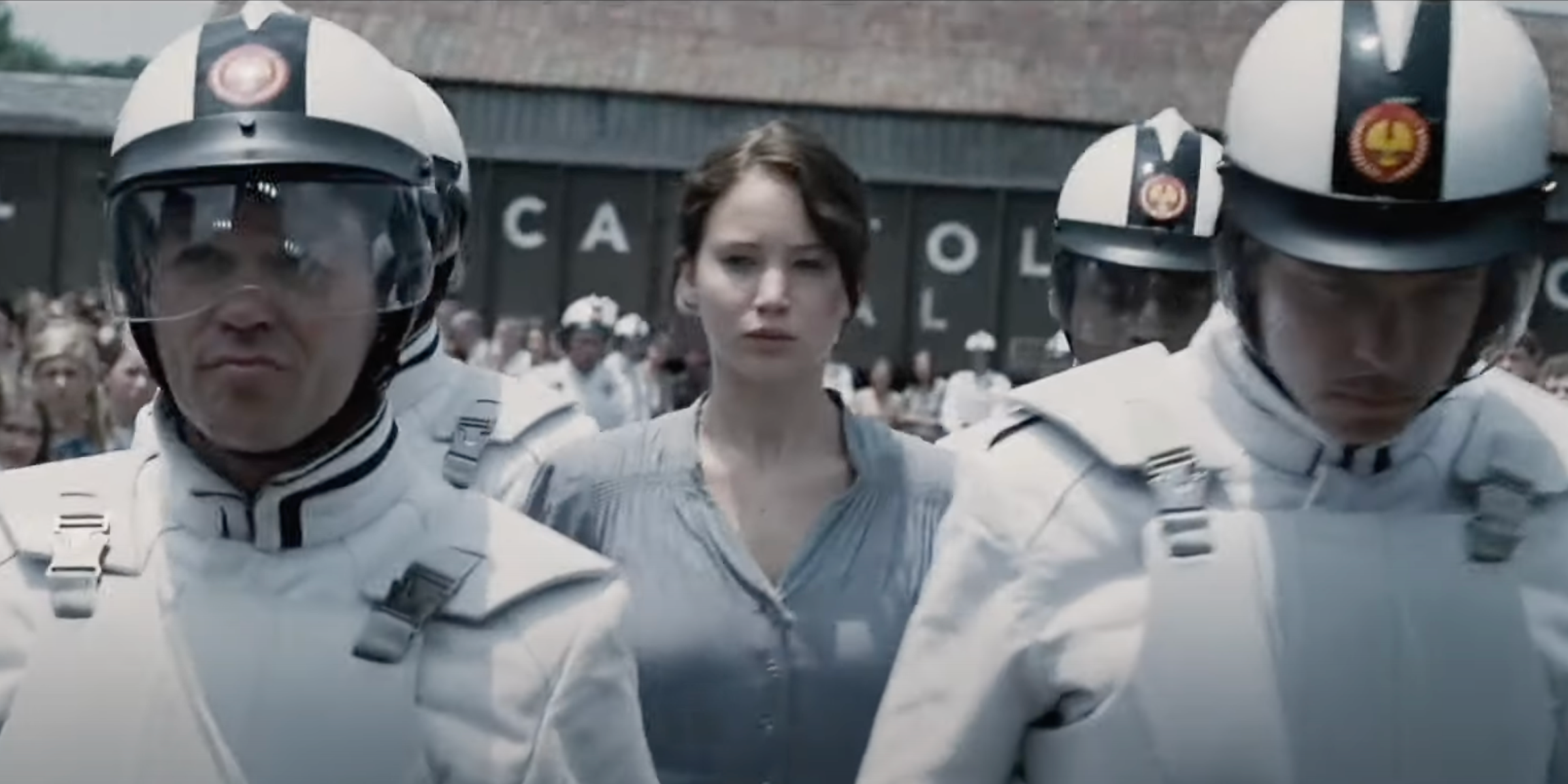The Hunger Games – A Dystopian Fight for Survival and Rebellion
The Hunger Games, based on the best-selling novel by Suzanne Collins, is a dystopian action-drama that launched a global phenomenon when it hit theaters in 2012. Directed by Gary Ross and starring Jennifer Lawrence as Katniss Everdeen, the film presents a chilling future where a totalitarian regime forces children to kill each other for public spectacle. Blending action, political commentary, and emotional storytelling, The Hunger Games is much more than a young adult blockbuster—it’s a powerful story about survival, oppression, and the spark of rebellion.
Set in the nation of Panem, a post-apocalyptic North America divided into 12 districts and ruled by the oppressive Capitol, the annual Hunger Games serve as both punishment and entertainment. Each year, one boy and one girl (known as "tributes") are chosen from each district to fight to the death in a televised event designed to keep the population obedient and fearful. When Katniss's younger sister Prim is chosen by lottery, Katniss volunteers to take her place, setting the story in motion.
Jennifer Lawrence delivers a breakthrough performance as Katniss—strong, vulnerable, resourceful, and fiercely protective. Her portrayal of a girl who never wanted to be a hero but is thrust into the spotlight resonates deeply. Alongside her is Josh Hutcherson as Peeta Mellark, her fellow tribute whose quiet loyalty and complex feelings add layers to their survival strategy. The chemistry between them is subtle and conflicted, as the line between alliance and performance becomes increasingly blurred.

Visually, the film sharply contrasts the stark, impoverished districts with the lavish, grotesque excess of the Capitol. Costumes, makeup, and set design in the Capitol are exaggerated and surreal, highlighting the grotesque wealth and detachment of the ruling class. In contrast, the Games arena—designed as a controlled wilderness environment—is both beautiful and deadly, where nature itself becomes a weapon.
The Hunger Games themselves are staged with tension and brutality. While the violence is toned down compared to the book, the fear, psychological manipulation, and moral horror remain clear. Tributes must fight not only each other but also the artificial dangers the Capitol throws at them—fire, beasts, traps—all designed for maximum entertainment.

Beyond the action, The Hunger Games is a commentary on media manipulation, class division, desensitization to violence, and government control. The way the Capitol uses spectacle to maintain power mirrors real-world issues, making the story as relevant as it is entertaining. Katniss’s refusal to play by the rules—culminating in her climactic act of defiance—marks the beginning of a larger rebellion, one that would be explored in the film’s sequels.
In conclusion, The Hunger Games is a gripping, thought-provoking dystopian tale anchored by a compelling lead performance and a world that feels disturbingly familiar. It launched one of the most successful young adult franchises of all time and continues to resonate with audiences for its timely themes and emotional depth. Katniss Everdeen’s journey from survivor to symbol of resistance remains a defining story of courage in the face of oppression.


